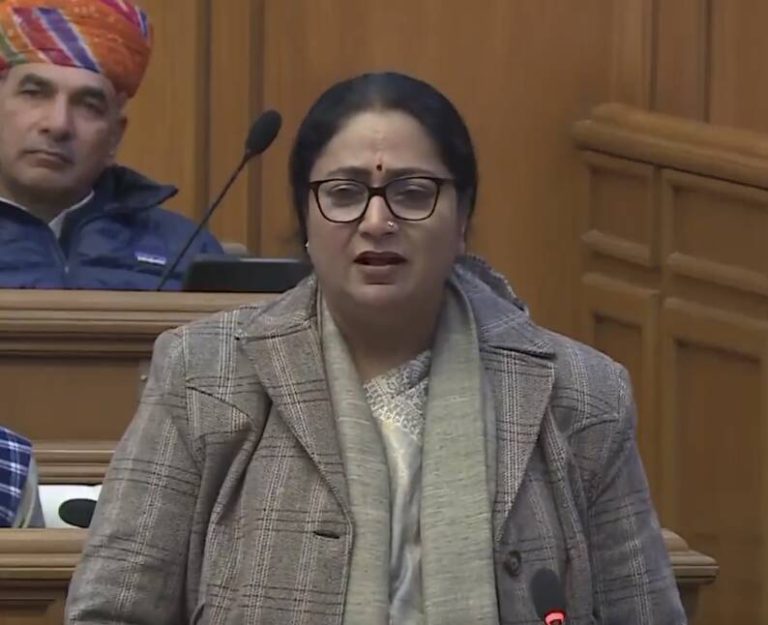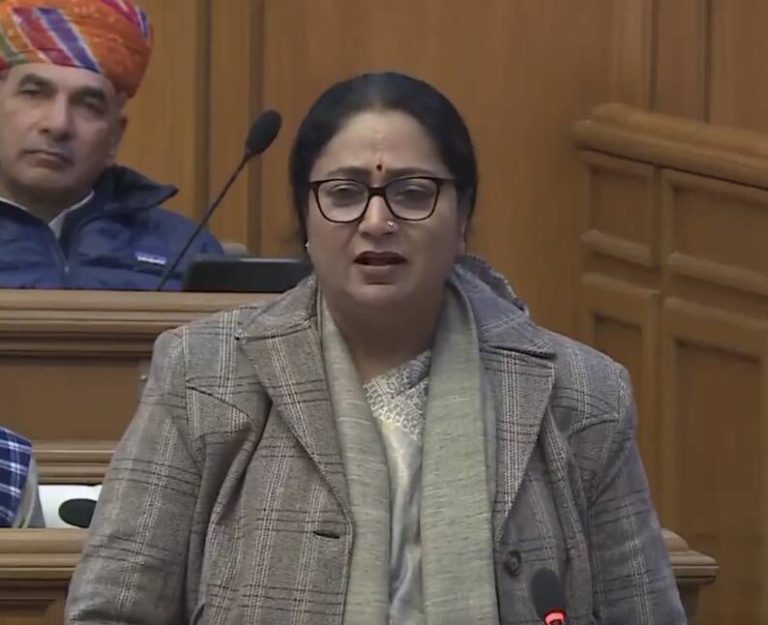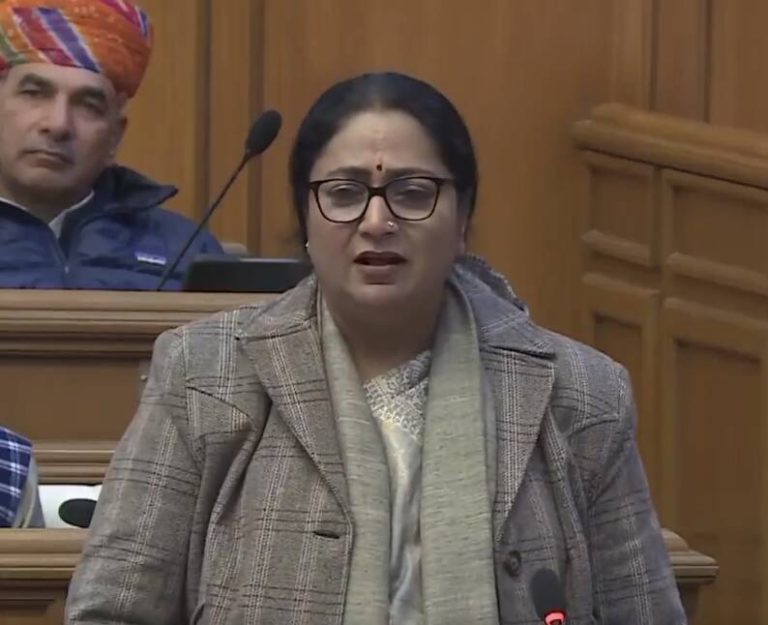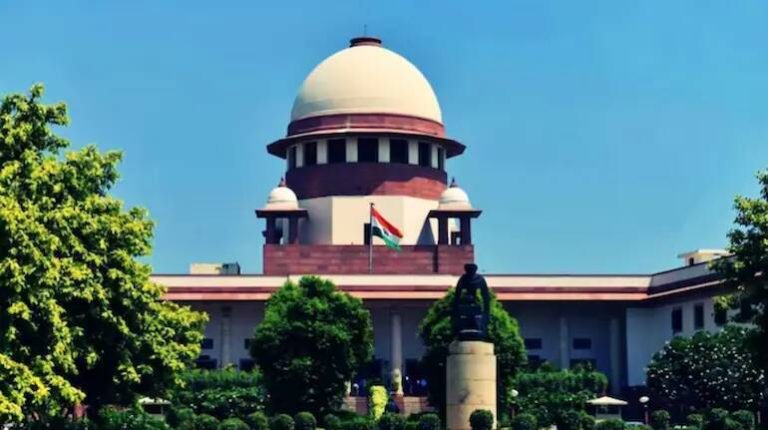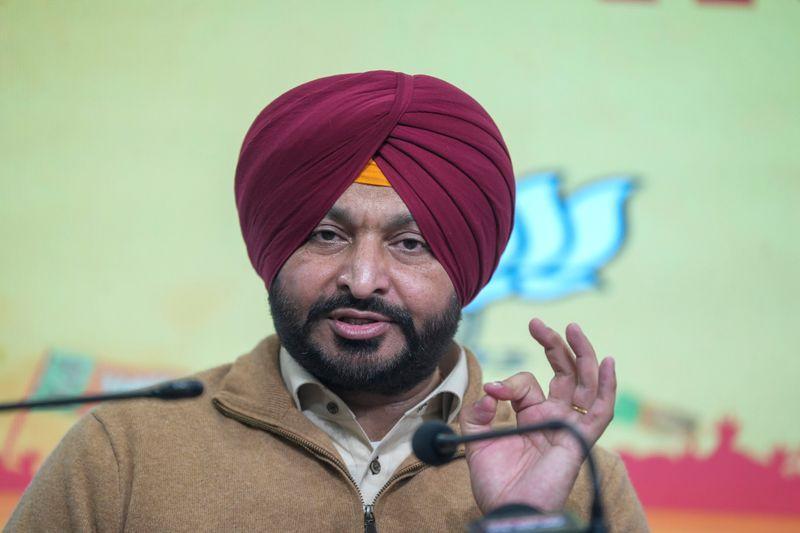
Bittu slams rumour mongering over Centre’s Chandigarh proposal
In recent days, a political firestorm has been escalating in the wake of the Centre’s proposal to bring Chandigarh under Article 240 of the Constitution through the 131st Amendment Bill. The move has sparked controversy, with many raising concerns about the potential implications for Punjab’s rights over Chandigarh. However, Ravneet Singh Bittu, Union Minister of State for Railways, has come out strongly against the uproar, dismissing it as “deliberate rumour-mongering”.
Bittu’s statement is a clear attempt to calm the waters and reassure the people of Punjab that the Centre’s proposal is not intended to undermine the state’s rights over Chandigarh. “Nothing, absolutely nothing, is happening that affects Punjab’s rights over Chandigarh,” he reaffirmed, emphasizing that the Centre is committed to protecting the interests of the state.
The controversy surrounding the Centre’s proposal has been fueled by speculation and misinformation, with many opposition parties and local leaders claiming that the move is an attempt to strip Punjab of its rights over Chandigarh. However, Bittu’s statement suggests that these claims are baseless and driven by a desire to create unnecessary tension and chaos.
It is worth noting that the Centre’s proposal is still in its early stages, and the details of the 131st Amendment Bill are yet to be fully disclosed. However, the fact that the Centre is seeking to bring Chandigarh under Article 240 of the Constitution has raised eyebrows, with many questioning the motivations behind the move.
Article 240 of the Constitution deals with the administration of Union Territories, and the inclusion of Chandigarh under this article could potentially have significant implications for the city’s governance structure. However, Bittu’s statement suggests that the Centre is not seeking to make any drastic changes to the existing arrangement, and that the proposal is intended to streamline the administration of Chandigarh rather than undermine Punjab’s rights.
The controversy surrounding the Centre’s proposal has also sparked a wider debate about the status of Chandigarh and its relationship with the state of Punjab. Chandigarh has long been a contentious issue, with both Punjab and Haryana claiming rights over the city. The city was originally designed to serve as the capital of Punjab, but it was later declared a Union Territory, with the Centre assuming control over its administration.
The issue of Chandigarh’s status has been a source of tension between Punjab and Haryana for many years, with both states claiming rights over the city. The Centre’s proposal to bring Chandigarh under Article 240 of the Constitution has reignited this debate, with many in Punjab expressing concerns that the move could pave the way for Haryana to stake its claim over the city.
However, Bittu’s statement suggests that the Centre is committed to protecting Punjab’s rights over Chandigarh, and that the proposal is not intended to favor one state over the other. “We are committed to finding a solution that works for all parties involved,” he said, emphasizing the need for cooperation and dialogue to resolve the issue.
In conclusion, the controversy surrounding the Centre’s proposal to bring Chandigarh under Article 240 of the Constitution is a complex and sensitive issue. While there are legitimate concerns about the potential implications of the move, it is clear that the Centre is not seeking to undermine Punjab’s rights over Chandigarh. Bittu’s statement is a reassuring one, and it is hoped that the Centre will continue to engage with all stakeholders to find a solution that works for everyone involved.
As the debate over Chandigarh’s status continues, it is essential that all parties involved approach the issue with a calm and rational mindset. The spread of misinformation and speculation can only serve to fuel tensions and create unnecessary chaos. It is hoped that the Centre’s proposal will be subject to a thorough and transparent consultation process, and that the rights and interests of all parties involved will be protected.
